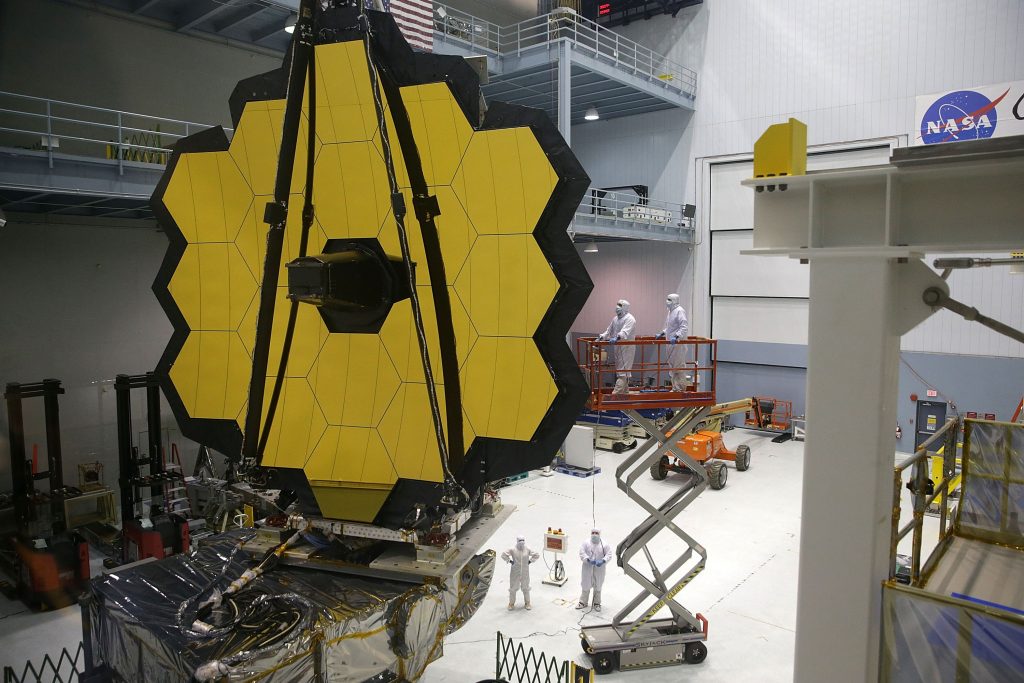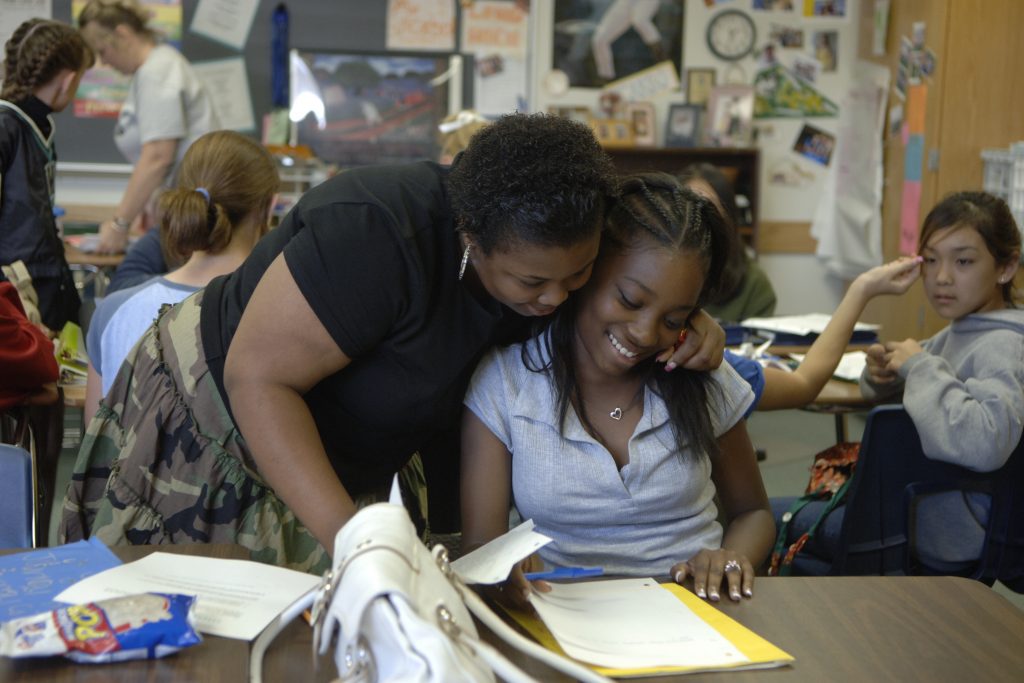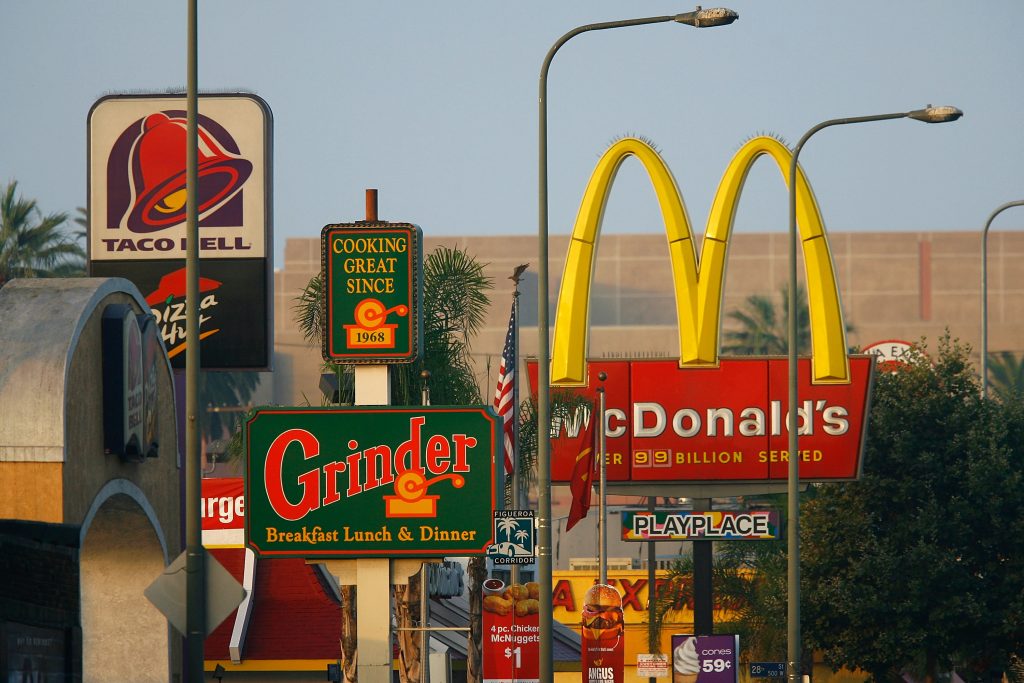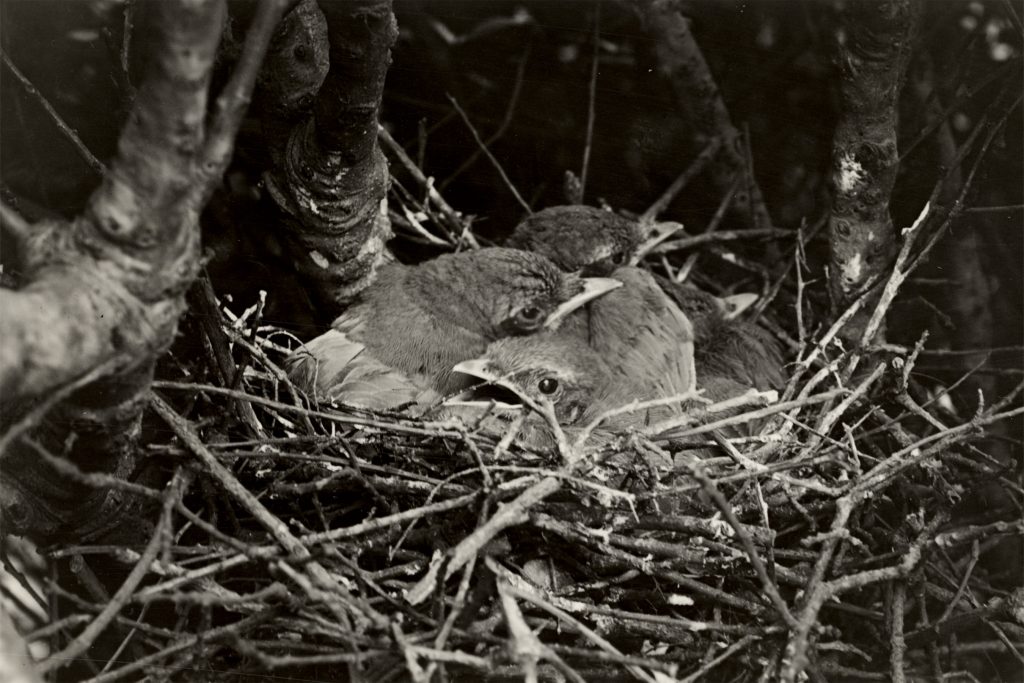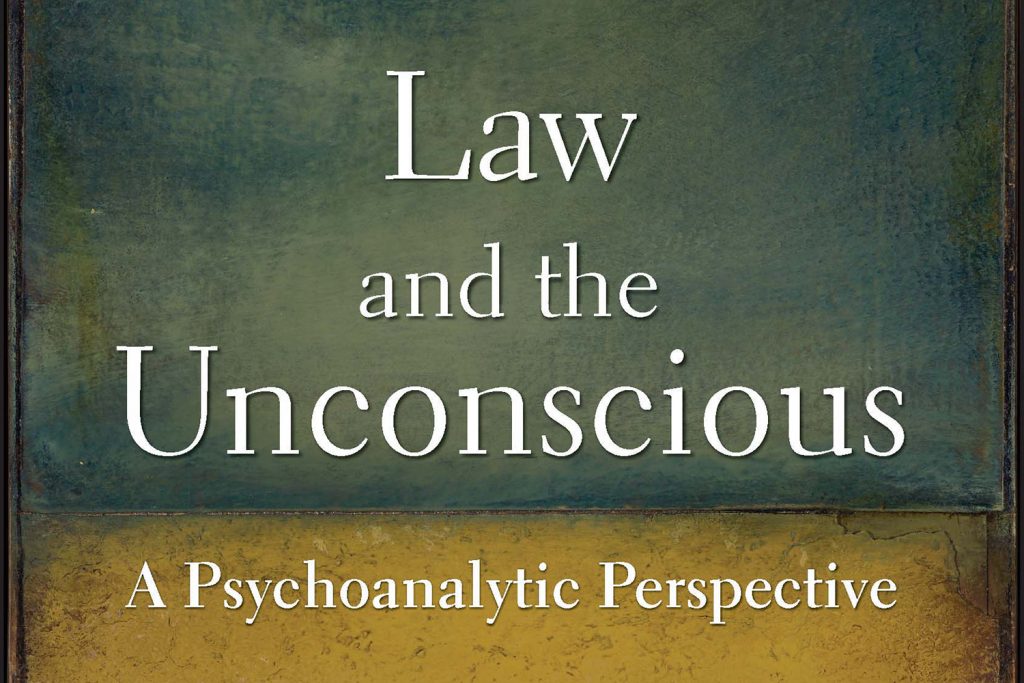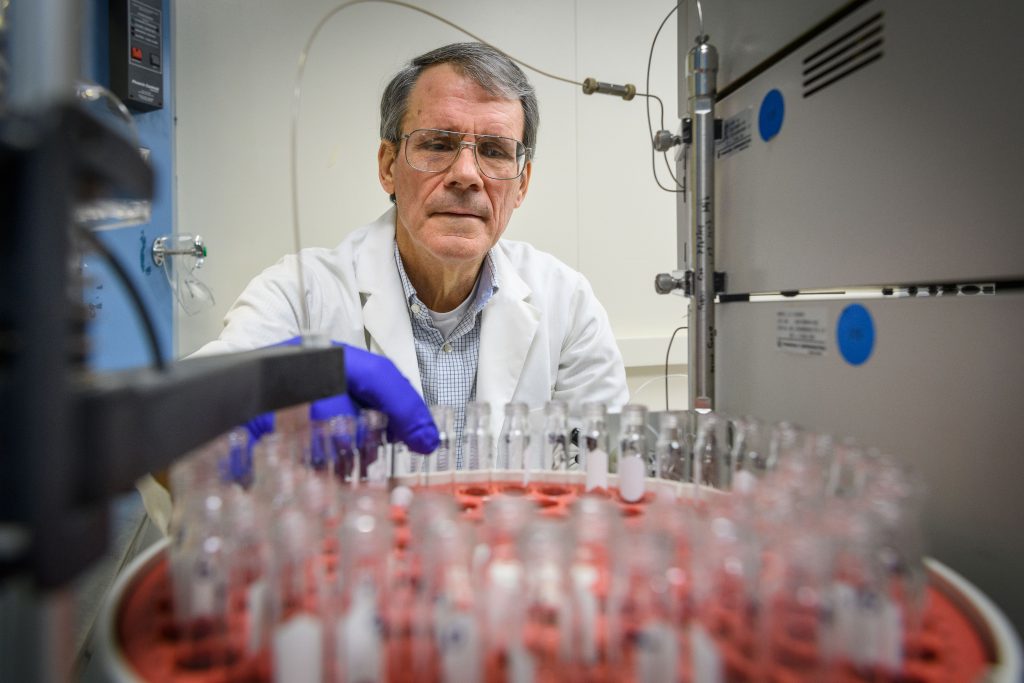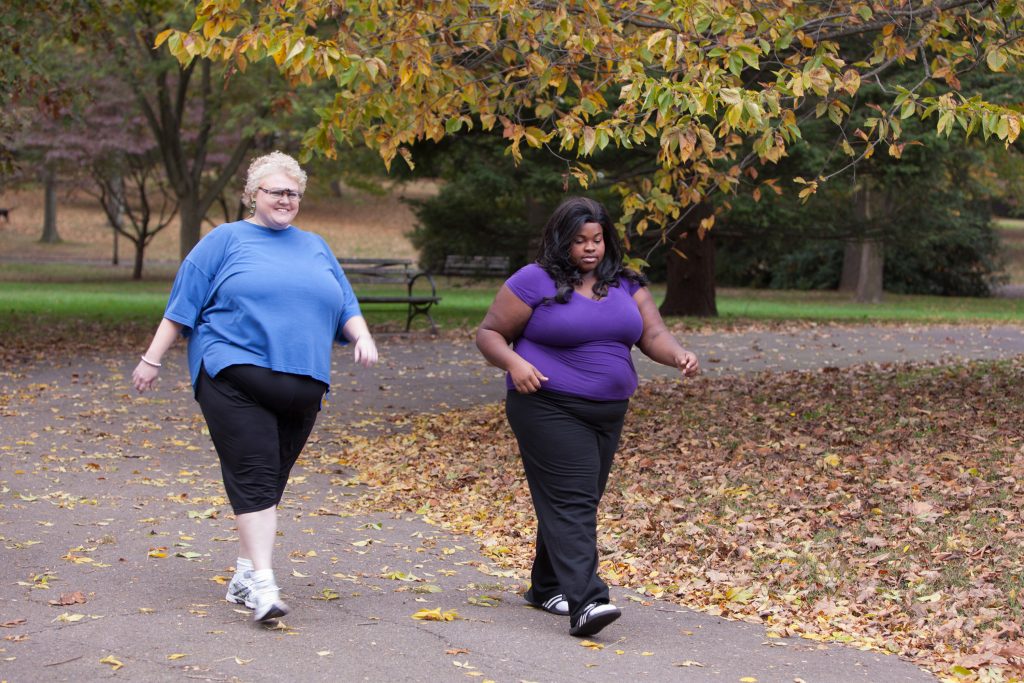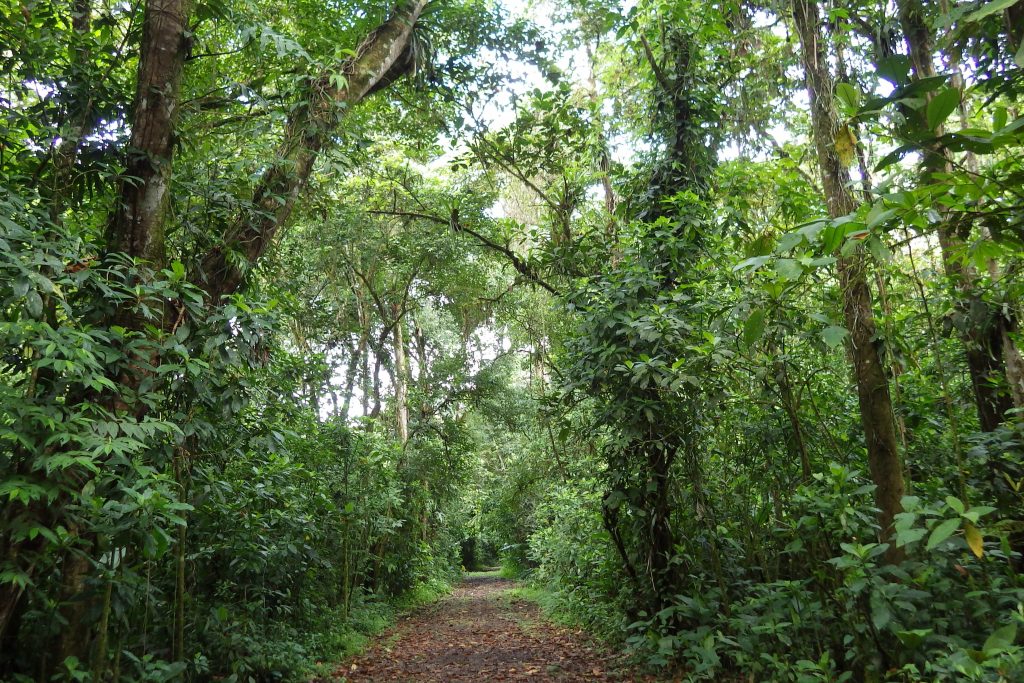Research & Discovery
UConn on the Front Line to Glimpse Farthest Reaches of Universe
Two UConn physics professors will be among the world’s first scientists to explore the universe using the new James Webb Space Telescope.
November 27, 2017 | Elaina Hancock
Hurricane Aftermath: Lessons from Katrina that are Relevant Now
Teachers will be part of the healing process for children relocating after Hurricanes Maria and Harvey, says UConn's Edith Barrett.
November 21, 2017 | Kristen Cole
A Winning NFL Football Pool Strategy
A UConn business professor developed a strategy to optimize the decision-making process for NFL Survivor Pools.
November 20, 2017 | Claire Hall
New Software Can Pinpoint Hate Groups’ Radicalization Sites
A UConn Stamford business professor has developed software that can comb the internet, including the dark web, and identify terrorist content.
November 15, 2017 | Claire Hall
Food Swamps Predict Obesity Rates Better Than Food Deserts
A new UConn Rudd Center study found that easy access to fast- and junk-food outlets was a better predictor of high obesity rates than lack of access to affordable, nutritious food.
November 14, 2017 | Daniel P. Jones, UConn Rudd Center
How Birds are Rescheduling their Lives Around Climate Change
'We were expecting them to only move in space, but we’ve demonstrated they also move in time,' says UConn researcher Morgan Tingley.
November 13, 2017 | Elaina Hancock
Law Professor’s Book Connects Psychoanalysis and the Law
Anne Dailey addresses popular misconceptions about psychoanalysis, including the idea that psychoanalytic ideas about the unconscious directly conflict with the law’s presumption that each individual, unless insane or coerced, acts upon the basis of free will.
November 13, 2017 | By Jeanne Leblanc
Bacterial Fats, Not Dietary Ones, May Deserve Blame for Heart Disease
A new study by UConn scientists suggests that the fatty molecules linked to heart disease may come not only from what you eat, but from the bacteria in your mouth. The research may explain why gum disease is associated with heart trouble.
November 13, 2017 | Kim Krieger
How People Cope with Weight Stigma Affects Their Health
A focus on positive coping strategies could help improve health for those who experience being teased or bullied because of their weight, according to new research by the UConn Rudd Center.
November 9, 2017 | Daniel P. Jones, UConn Rudd Center
Reforestation: Knowing When to Let Nature Take its Course
Allowing Nature to restore deforested areas often restores them closer to the characteristics of the original forest than planting large numbers of trees, according to a new study involving a UConn researcher.
November 8, 2017 | Combined Reports
